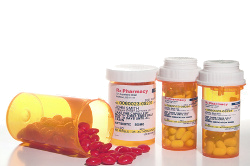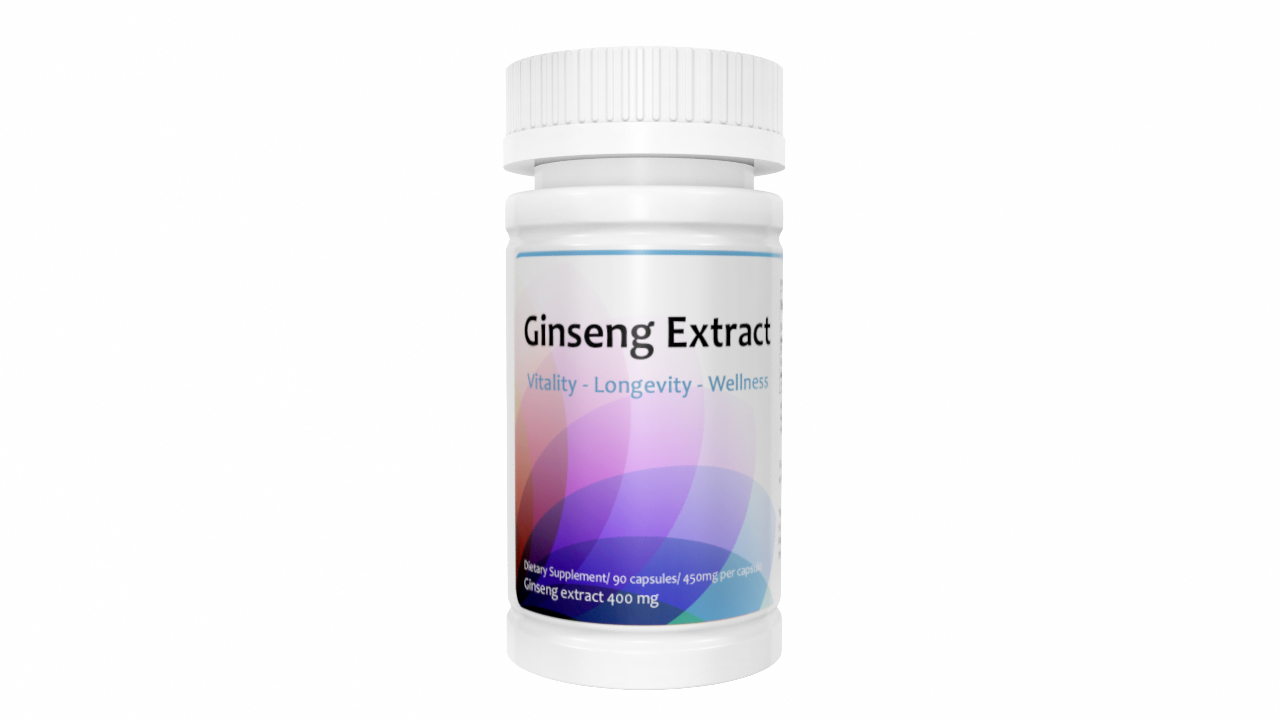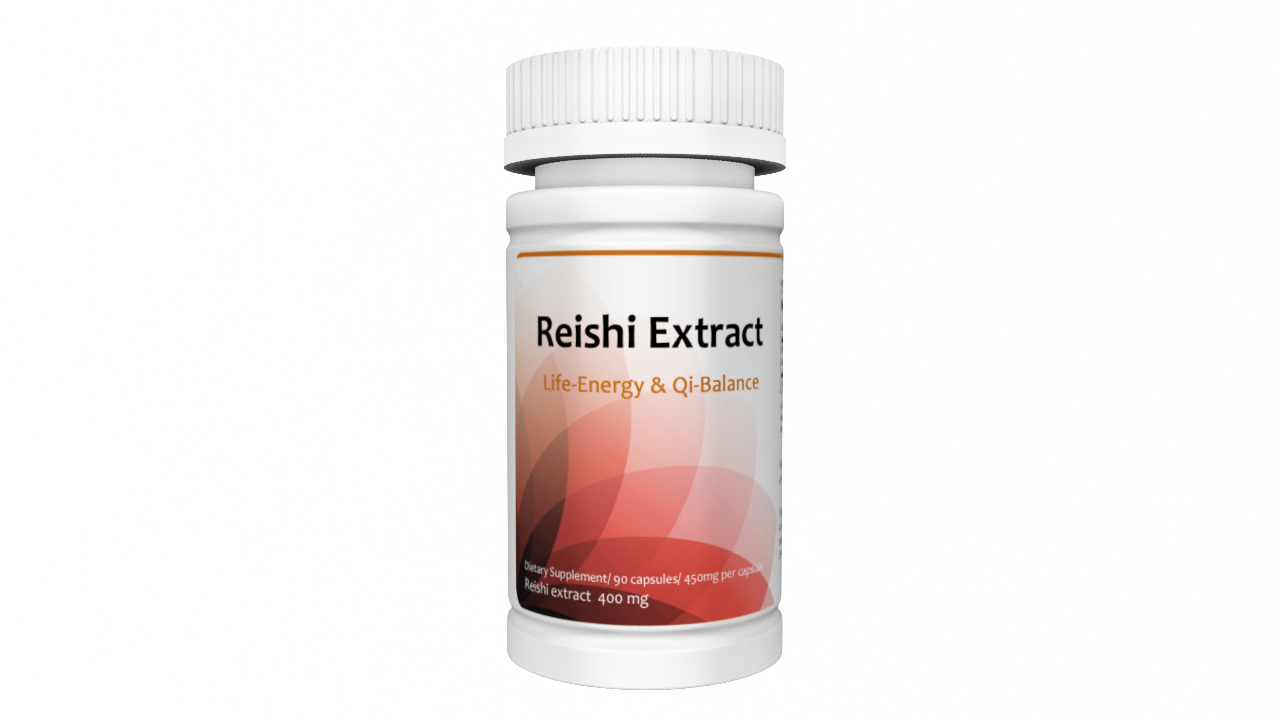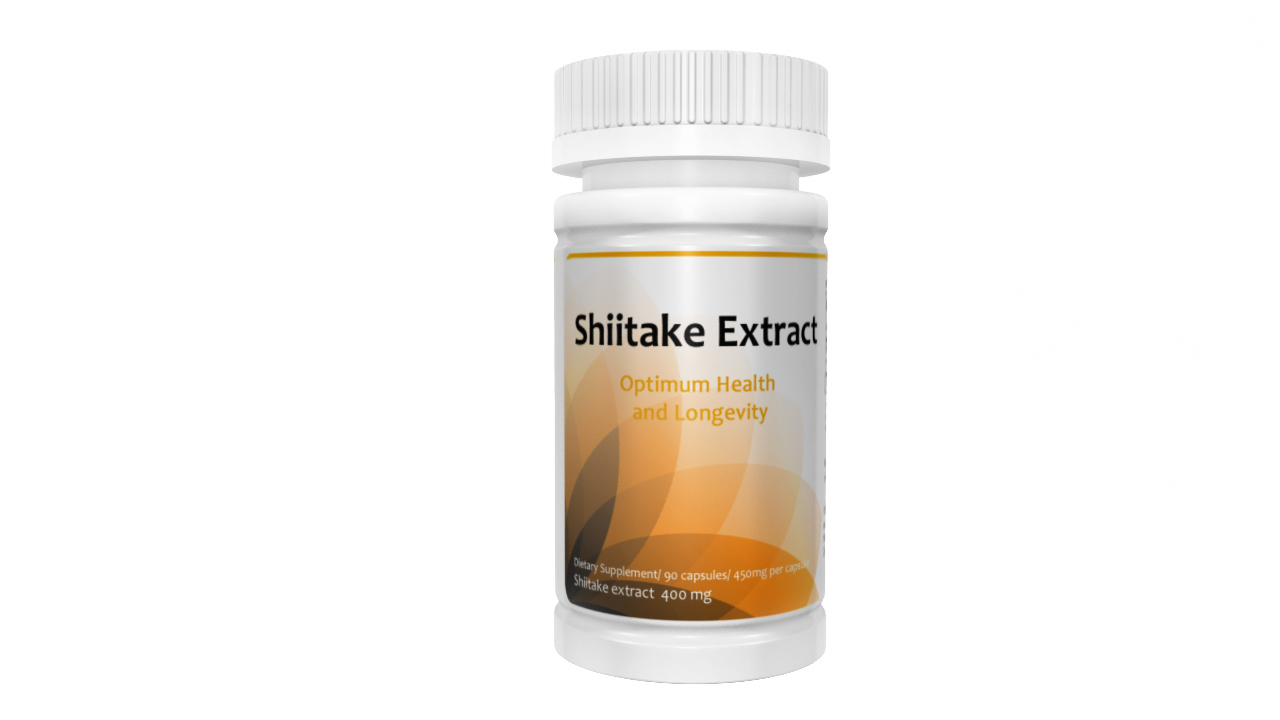Cholesterol Medications—What are they and their possible side effects?
 The moment you are diagnosed with high cholesterol level, you will have to impose major changes in your lifestyle. Aside from telling yourself to live a healthier lifestyle, you also need to have close cooperation with your doctor. Your doctor will suggest treatments for your condition. Such treatments are crucial to lower your cholesterol level. Sometimes exercising and following a healthy diet are not enough so cholesterol medications are given. It must be made clear, however, that medication is not the first option in handling increased cholesterol levels.
The moment you are diagnosed with high cholesterol level, you will have to impose major changes in your lifestyle. Aside from telling yourself to live a healthier lifestyle, you also need to have close cooperation with your doctor. Your doctor will suggest treatments for your condition. Such treatments are crucial to lower your cholesterol level. Sometimes exercising and following a healthy diet are not enough so cholesterol medications are given. It must be made clear, however, that medication is not the first option in handling increased cholesterol levels.
Patients with high cholesterol levels can cope with this medical condition if they follow a systematic program. Some body systems do not respond quickly and effectively to lifestyle changes so physicians resort to giving cholesterol medications. Having an effective medication is needed as people who ignore this condition often suffer from stroke or heart attack. Having high levels of cholesterol can actually be fatal if not given the right medical attention.
Lipids can be classified into categories: high density lipoprotein (HDL), low density lipoprotein (LDL) and Triglycerides. These lipids can cause serious health problems if their balance is not maintained. Having high levels of LDL cholesterol, for instance, can accumulate and eventually form cholesterol plaques. This can cause problems in blood circulation. This is often the cause of heart attack, stroke, brain damage and kidney dysfunction. Taking cholesterol medications can help patients who are having problems in balancing the three kinds of lipids.
Often, doctors prescribe a combination of cholesterol medications to lower cholesterol levels. It depends on the situation of the patient. This is done to lower the chances of acquiring diabetes, coronary diseases and other severe health problems. These medications help by reducing the cholesterol production through the absorption of cholesterol in dietary means or through the liver. Some of the most common medications include fibrates, statins and cholesterol absorption inhibitors. Below is a rundown of the most common cholesterol medications doctors give to patients with high cholesterol levels with their respective possible side effects.
- Fibrates
- Nicotine acid agents
- Statins
- Bile acid sequestrants
- Cholesterol absorption inhibitors
- Omega-3 fatty acids such as Lovaza
These are also known as fabric acid derivatives. These are often lower the levels of Triglycerides while increasing the HDL levels. Some of the common side effects related with fibrates include muscle aches, diarrhea, headache, dizziness and vomiting.
This is popularly known is Niacin. This is a water soluble form of vitamin B mostly found in the food we eat. For medication, the concentration is higher in doses to help reduce LDL cholesterol levels while increasing HDL cholesterol levels. Side effects include hot flashes, headache, increased blood sugar level and gastric problems.
Statins act as inhibitors of HMG-CoA reductase that help slow down cholesterol production inside your system. Such cholesterol medications reduce LDL cholesterol and Triglyceride levels while increasing the HDL cholesterol levels. Patients who take this medication often experience stomach pain, constipation, gas, vomiting, muscle soreness and even kidney problems.
This medication acts as binder to bile and bad cholesterol inside your body. The bad cholesterol is then flushed out from the body in the form of feces. Patients taking this may experience bloating, stomach upset, gas and constipation.
Zetia or Ezetimibe is often given to serve as cholesterol absorption inhibitor. This is given to patients who cannot take cholesterol medications like Statins or if the Statins required dosages have increased. Cholesterol absorption inhibitors may bring skin rashes, diarrhea, abdominal pains and joint pains.
Omega-3 fatty acids supplement help in decreasing the levels of Triglycerides. Side effects of this medicine include increased infection risk, belching and fishy taste.
These are just some of the most common cholesterol medications for patients with high levels of cholesterol. These are synthetic medication often prescribed by doctors. Some advocate the use of natural medicine to help eliminate the excess cholesterol in the body. Lately, natural means have also been gaining popularity among health buffs claiming that the side effects are very minimal. However it still depends on the situation of a patient. It is the physician who can recommend the best cholesterol medications— whether natural or synthetic. The most important thing is that the patients get the needed medication to avoid more serious health problems to arise and avoid making the condition a fatal one.
It must be noted, however, that cholesterol medications are not given right away. Health practitioners and doctors observe a general rule of trying other means first before giving cholesterol medications. The attending physician may suggest change in diet plan or getting more physical activities first before prescribing anything. After all, lifestyle is sometimes the reason for this problem.
 Patients must always remember that taking cholesterol medications alone do not solve the problem. This should come with a healthier lifestyle and proper / cholesterol diet to increase the chances of living a longer life. Understanding the possible effects of cholesterol medications is also important. Almost all synthetic medicines have side effects. You should talk closely with your doctor to clarify if the side effects you are experiencing after taking some cholesterol medications are normal. Otherwise, you might need to stop taking those medications.
Patients must always remember that taking cholesterol medications alone do not solve the problem. This should come with a healthier lifestyle and proper / cholesterol diet to increase the chances of living a longer life. Understanding the possible effects of cholesterol medications is also important. Almost all synthetic medicines have side effects. You should talk closely with your doctor to clarify if the side effects you are experiencing after taking some cholesterol medications are normal. Otherwise, you might need to stop taking those medications.
Knowing the proper administration of the prescribed cholesterol medications is crucial as well. The side effects might end up unbearable if you are taking the medicine the wrong way. The guidance of a health professional should be constant all throughout the medication process. Your doctor may prescribe one or a combination of the mentioned medications. You can ask the doctor beforehand on the side effects you are likely to suffer during your medication process. You might have to discuss with your doctor any prior medical condition or problem as this is considered in what medicine should be prescribed.
Always keep these things in mind before officially starting with any cholesterol medications. And of course, improving your lifestyle remains the best solution you can impose in lowering your cholesterol levels. Lifestyle change and medication work effectively if followed the correct way.
.










